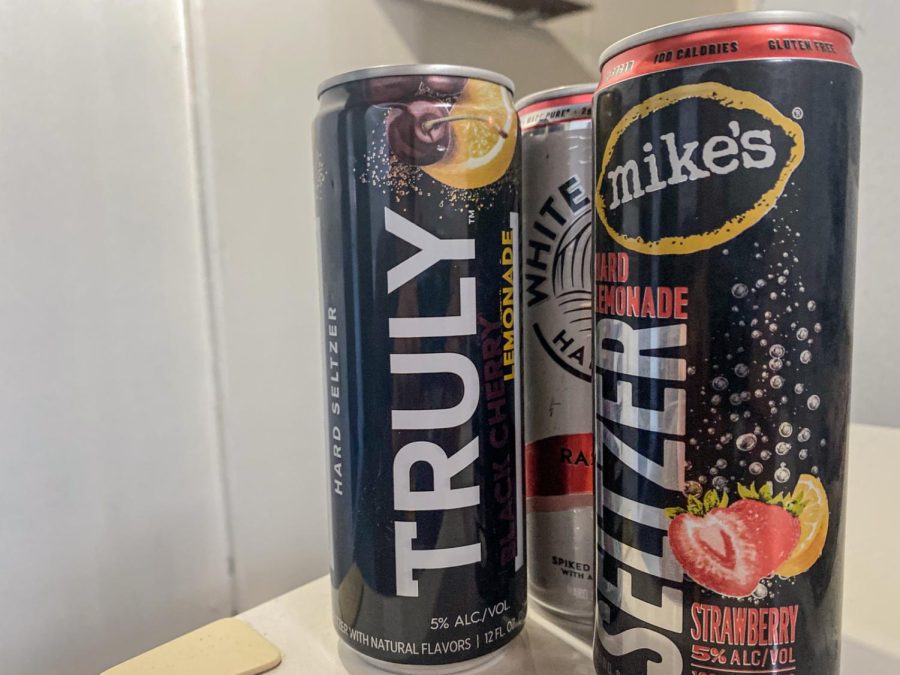SMART Recovery promotes skills to manage addictive behaviors
Jan 30, 2023
Grand Valley State University’s Alcohol and Other Drug Services (AOD) has recently added a program called SMART Recovery, to provide another option for recovery support.
SMART stands for Self-Management and Recovery-Training and follows a secular four-point program to assist individuals overcoming addictive or harmful behaviors and help people on their road to recovery.
This program includes skills to help cope with urges, manage thoughts, feelings and behaviors and build and maintain motivation in order to help individuals live a balanced life.
“The slogan for SMART recovery is ‘Discover the power of choice,’” said Group Facilitator for SMART Recovery Tony Strout. “So, just emphasizing your power and taking your power to make the choices that you need to deal with any sort of addictive behaviors you may be having.”
Strout said SMART Recovery welcomes not only individuals struggling with substance use, but any GVSU community member struggling with any caliber of harmful addictive behaviors.
With a growing number of agnostic and atheist individuals over the last several decades, SMART Recovery seeks to fill the gaps of some religious-based or influenced recovery programs and works to provide a secular approach to recovery. SMART Recovery provides people with additional support options.
“When I first heard about SMART Recovery, I just really loved SMART Recovery as another option,” said SMART Recovery Group Facilitator Nikki Osier. “I just wanted to provide another option (to GVSU) so people feel like there are choices and you’re not stuck going to a meeting that you may not feel so comfortable with.”
One of the major differences between SMART Recovery and other programs such as Alcoholics Anonymous (AA) and Narcotics Anonymous (NA) is the structure of meetings.
SMART Recovery encourages collaborative discussion between meeting attendees in the absence of advice-giving. Likewise, they discourage words such as alcoholic or addict in order to reduce the stigma associated with recovery. By doing so, they hope to eliminate the use of the “rock bottom” ideology in order to encourage community members of all stages of addiction to seek the support of SMART Recovery.
SMART Recovery shapes its program to promote recovery in ways that may be unique in comparison to other step-based programs such as welcoming medication-assisted treatment (MAT) where prescribed medication can help people in the process of recovery.
Osier and Strout welcome any community member at any stage of their recovery process. They hope attendance will increase and they will be able to eventually host multiple meetings a week.
“It doesn’t matter how you find your way to us, it’s just important that you do,” Strout said.
Strout said that SMART Recovery can be used to supplement work being done with AA and NA. The programs are not designed to be exclusive to one path or another, although they can be if the individual chooses to do so.
“We are free to view addiction and recovery however we want,” Strout said. “It’s really more about empowerment and people getting out of it whatever they are going to put into it.”
SMART Recovery will meet Mondays at 7 p.m. in the Grand Valley Apartments Office.
To find other SMART Recovery meetings and resources, individuals are encouraged to download the SMART Recovery app. Here, users can find daily check-ins, SMART Recovery literature and virtual and local meetings.
GVSU also provides additional resources for people who may find themselves or others struggling with harmful behaviors. For additional resources and support, contact GVSU AOD Services or the University Counseling Center.
























